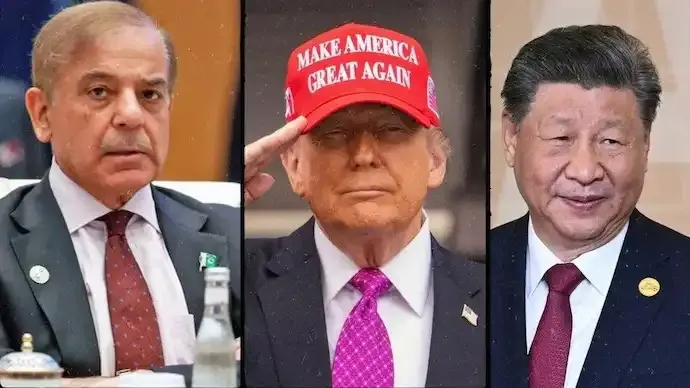Shopping cart
Your cart empty!
Terms of use dolor sit amet consectetur, adipisicing elit. Recusandae provident ullam aperiam quo ad non corrupti sit vel quam repellat ipsa quod sed, repellendus adipisci, ducimus ea modi odio assumenda.
Lorem ipsum dolor sit amet consectetur adipisicing elit. Sequi, cum esse possimus officiis amet ea voluptatibus libero! Dolorum assumenda esse, deserunt ipsum ad iusto! Praesentium error nobis tenetur at, quis nostrum facere excepturi architecto totam.
Lorem ipsum dolor sit amet consectetur adipisicing elit. Inventore, soluta alias eaque modi ipsum sint iusto fugiat vero velit rerum.
Sequi, cum esse possimus officiis amet ea voluptatibus libero! Dolorum assumenda esse, deserunt ipsum ad iusto! Praesentium error nobis tenetur at, quis nostrum facere excepturi architecto totam.
Lorem ipsum dolor sit amet consectetur adipisicing elit. Inventore, soluta alias eaque modi ipsum sint iusto fugiat vero velit rerum.
Dolor sit amet consectetur adipisicing elit. Sequi, cum esse possimus officiis amet ea voluptatibus libero! Dolorum assumenda esse, deserunt ipsum ad iusto! Praesentium error nobis tenetur at, quis nostrum facere excepturi architecto totam.
Lorem ipsum dolor sit amet consectetur adipisicing elit. Inventore, soluta alias eaque modi ipsum sint iusto fugiat vero velit rerum.
Sit amet consectetur adipisicing elit. Sequi, cum esse possimus officiis amet ea voluptatibus libero! Dolorum assumenda esse, deserunt ipsum ad iusto! Praesentium error nobis tenetur at, quis nostrum facere excepturi architecto totam.
Lorem ipsum dolor sit amet consectetur adipisicing elit. Inventore, soluta alias eaque modi ipsum sint iusto fugiat vero velit rerum.
Do you agree to our terms? Sign up

In a startling revelation, former U.S. President Donald Trump has claimed that Pakistan and China, along with Russia and North Korea, are actively testing nuclear weapons despite the long-standing global moratorium. The statement has raised significant security concerns for India, which faces two nuclear-armed neighbors on its borders.
Trump made the comments during an interview on CBS’s 60 Minutes, defending his controversial decision to order U.S. nuclear testing after a 33-year hiatus. According to him, other nuclear powers have continued covert tests “without public acknowledgment,” exploiting global transparency differences.
“Russia’s testing and China’s testing, but they don’t talk about it,” Trump said. “We’re an open society — we talk about it. They don’t have reporters writing about it. Certainly, North Korea’s been testing. Pakistan’s been testing.”
Trump alleged that nuclear-armed nations conduct underground detonations to avoid detection by global monitoring networks. These covert tests, he claimed, produce subtle ground vibrations that mimic minor earthquakes, making them difficult to confirm through conventional monitoring systems.
Global agencies, such as the Comprehensive Nuclear-Test-Ban Treaty Organization (CTBTO), track seismic activity linked to nuclear detonations. However, Trump asserted that “deep underground testing” can escape detection.
During the same interview, Trump reiterated that he had intervened in May 2025 to prevent what he described as a near nuclear war between India and Pakistan. He claimed millions could have died had the U.S. not stepped in diplomatically.
“India was going to have a nuclear war with Pakistan,” Trump said. “If Donald Trump didn’t get involved, many millions would have been dead. It was a bad war — planes were shot down all over. I told both of them, if you guys don’t stop, you won’t do any business with the U.S.”
Trump’s remarks have reignited concerns about nuclear stability in South Asia, especially as India faces a two-front security challenge from both Pakistan and China — nations with whom tensions have escalated in recent years.
Experts suggest that if Trump’s allegations are accurate, they could indicate a breakdown in global nuclear monitoring mechanisms and potentially trigger a new arms race in Asia. India, which maintains a “no first use” nuclear policy, has long emphasized transparency and restraint in nuclear development.
However, covert tests by neighboring nations could force New Delhi to reassess its nuclear deterrence strategy and regional defense posture.
The U.S. revelation also places pressure on international watchdogs to verify Trump’s claims and ensure compliance with the Comprehensive Nuclear-Test-Ban Treaty (CTBT).
While India has not signed the CTBT, it has maintained a voluntary moratorium on testing since 1998. Pakistan also claims to uphold the same, though both nations continue to enhance their nuclear arsenals.
If China and Pakistan are indeed conducting secret nuclear experiments, it could destabilize the Asian security balance and heighten tensions along the Line of Actual Control (LAC) and Line of Control (LoC).
Trump’s explosive claim about Pakistan and China’s nuclear testing has reignited the global debate on nuclear transparency, security, and deterrence. For India, the alleged tests highlight the urgent need for strategic preparedness, enhanced intelligence cooperation, and diplomatic engagement to counter regional nuclear threats.
39
Published: Nov 03, 2025